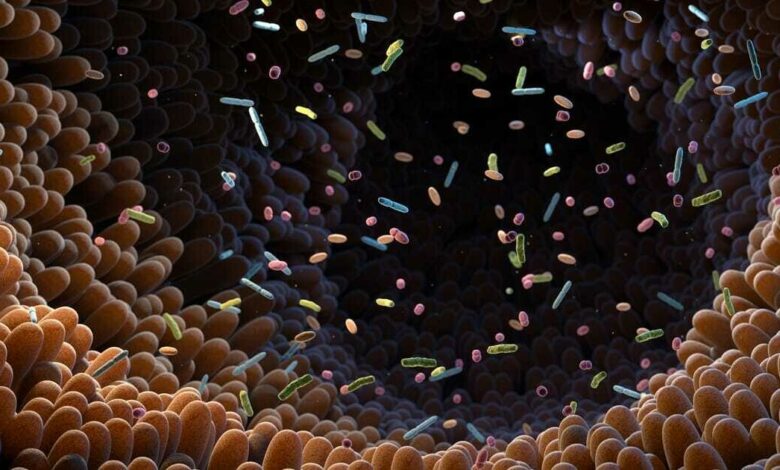
Trillions of microorganisms, including bacteria, archaea, fungi, and viruses, that live in the body of animals are referred to as micro-biome, biota, or -flora, with those found in the digestive tract known as gut microbiome. Studies have shown that the gut-biota can be beneficial or harmful to the host, and their role in the health and disease of humans continues to be the subject of extensive studies by researchers at scientific institutions in many countries.
A new study on gut microbiome by researchers from North Carolina State University in the United States shows that protein sources in a person’s diet can have major effects on both the population and function of the gut microbiome, and consequently impact various aspects of human health. The findings could, among others, lead to a better understanding of how to prevent and treat gastrointestinal diseases currently affecting the quality of life of millions of people globally.
The study stemmed from knowing that there was something wrong with what many people are eating today, but not knowing what that is. Earlier studies have shown that the gut biome plays a role in digesting and assimilating the food we eat. In the new study, the researchers wanted to know how different diets impact the gut-biota, and to learn what those microbes are doing, functionally, in response to that diet.
In the study, the researchers were specifically interested in how the source of protein in the diet—for example, proteins found in milk, eggs, and different plants like pea or soy—impact the gut microbiomes of mice. Mice were fed diets containing just one protein source for a week at a time, including egg whites, brown rice, soy and yeast.
The researchers used an integrated metagenomics-metaproteomics approach—a process that involves the study of all genetic material, as well as all proteins produced, by all the organisms in a specific environment—that required the use of high resolution mass spectrometry to study the mice gut-biome. The study found that the composition of the mice gut microbiome changed significantly every time the protein source changed, with some protein sources showing extreme effects.
The protein sources with the biggest functional effects were found to be brown rice, yeast and egg whites. In examining the functional changes in the gut microbiome, brought about by these proteins, the study revealed that the two largest effects of dietary protein were on amino acid metabolism, which was expected by the researchers, and complex sugar degradation, which was not.
Brown rice and egg white diets increased amino acid degradation in the mouse gut microbiome, meaning that the microbes were breaking down those proteins instead of making their own amino acids from scratch. This made intuitive sense to the study team, because proteins are made of amino acids. But the researchers wanted to find out more about the likely health implications from these diets, as some amino acids can degrade into toxins and others can impact the gut-brain axis.
Additionally, the study also showed that long chains of sugars attached to the dietary proteins, called glycans, also play a role in changing gut microbiome function. Multiple dietary protein sources, including soy, rice, yeast, and egg white, caused microbes in the gut to change the production of enzymes that break down glycans, sometimes substantially.
This was found to have significant health impacts. For instance, in the egg white diet, one bacterium took over and activated a bunch of glycan-degrading enzymes. The scientists then grew this bacterium in the lab and found that the glycan-degrading enzymes it produced in media containing egg white protein, were similar to those produced in media containing mucin.
Mucin is the substance that lines the inside of the gut, protecting the digestive system from things like acid and pathogens. So if bacteria are producing enzymes that, purposely or not, break down mucin, they could be damaging the intestinal lining and causing negative impacts on gut health.
Through future studies, the researchers intend to explore the potential connection between the expression of glycan degrading enzymes in the egg white diet and the breakdown of mucin by the gut microbiome. Further research on the enzyme mechanisms that degrade mucin is important, as it could potentially reveal the implications of these proteins on human digestive health.
A major limitation of the study is that the diets are very artificial as it involved only single protein diets, which could have led to the amplified results. To broaden the study’s scope, the researchers now aim to examine the health impacts of mixed protein diet in mice.












